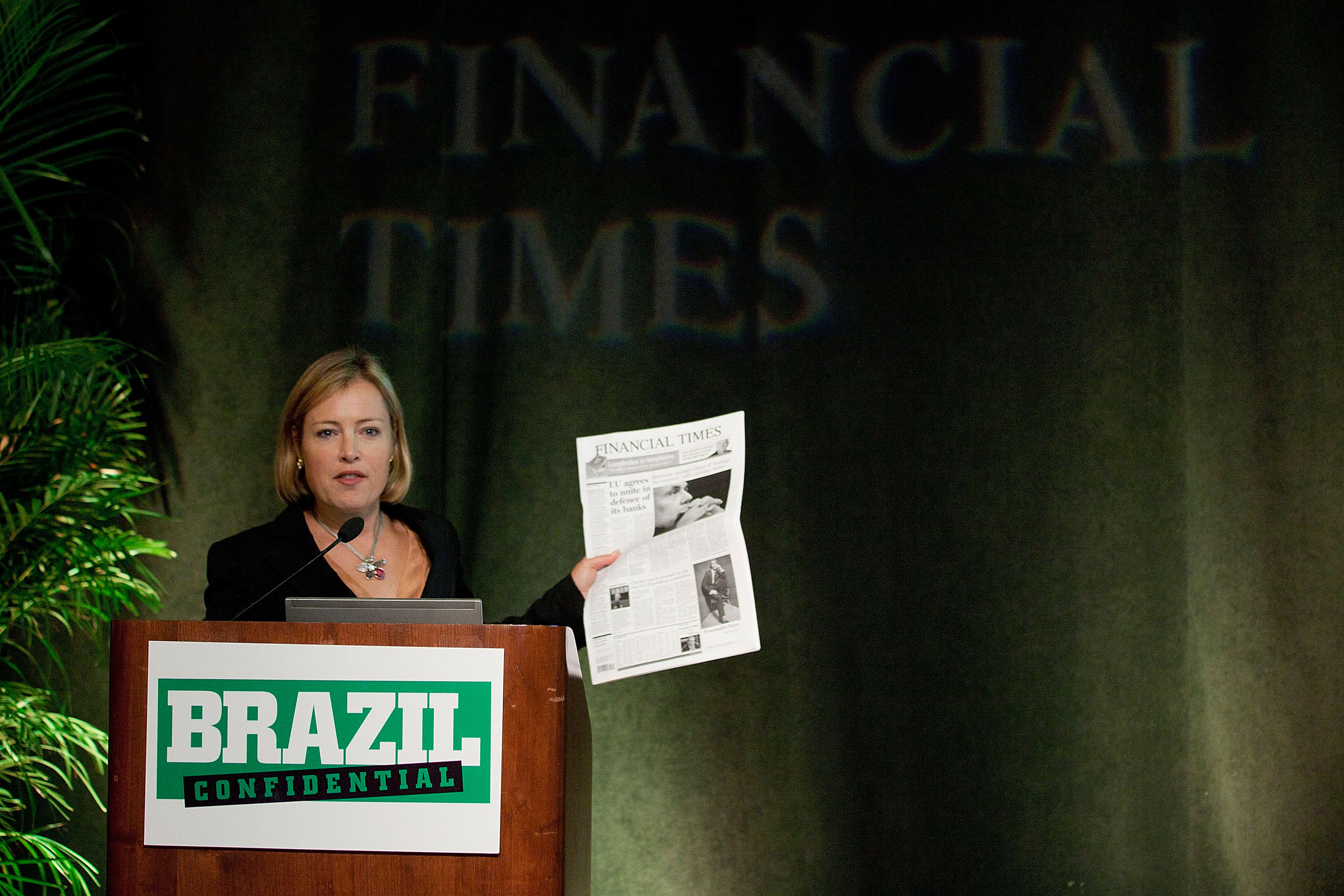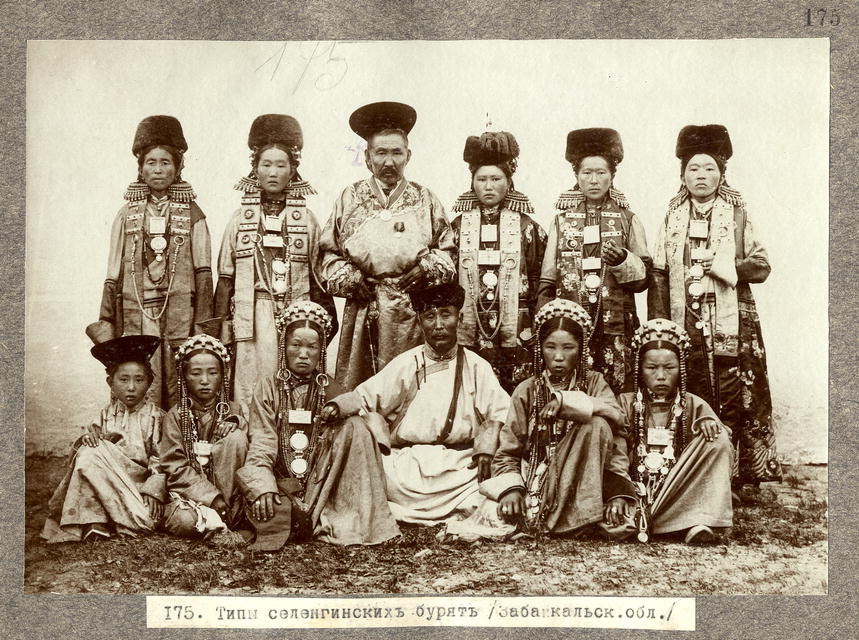Another misconception is that anthropology is all about colonialism and the ruling Empire. It is absolutely not like that these days. By attending very closely to what people say, anthropologists really can make a big contribution. For example, take the case of Gillian Tett, who did a PhD in Anthropology at Cambridge and then joined the Financial Times, where she’s now the chief economics editor. She was able, with that anthropological insight, to have such a good understanding of the way that bankers’ minds work, that she was able to predict the 2008 financial crash practically before anybody else. So, I do think that anthropology is needed in this day and age.
Understanding other people’s worlds
Emeritus Professor of Social Anthropology
- It’s often thought that anthropology is just about remote peoples or exotic tribes, or connected to colonialism. It is absolutely not like that these days.
- Getting to understand how other people think and behave is a two-way process: you have to give to them as they give to you.
- When I’m working in the field, I try to listen closely to people, something that I call “radical listening”.
Contemporary anthropologists
An anthropologist is someone who looks very closely at what other people think and at the way they live and behave in the contemporary world. It’s often thought that anthropology is just about remote peoples or exotic tribes, and that these people are therefore tucked away in the past, no longer our contemporaries.

© Gillian Tett, 4 October 2011. Photo by Ben Hider. Wikimedia Commons. Public Domain.
Different from other subjects
Anthropology is very different from sociology or geographical or statistical analysis of other societies, because its fundamental basis is spending a very long time in the place and with the people, living alongside them, knowing their language and being fluent in it – actually sharing their lives. In that way, you can see how people think when they’re not necessarily imagining that you’re asking them questions. They’re answering, but they’re just doing what they do, and you can be part of that and understand it from inside.
Another thing that anthropology has that makes it different from most other subjects is that instead of picking one particular topic – let’s say, a particular facet of religion – because of that emotion, it sees that all of these things tend to be connected. So, the way you do your agriculture might very well be closely connected to what and how you think about religion. This gives a much deeper way of understanding people’s attitudes to the world and how they might act in particular circumstances.
Fieldwork in the Soviet Union
My first fieldwork was in the Soviet Union in the 1960s, in a collective farm in Buryatia, in southeast Siberia, just north of the Mongolian border. It was miles away in the forests and there were no proper roads to get there. I wasn’t allowed to stay there very long, but I did spend a very long time in the Soviet Union, as a whole. I spent months in Moscow, St Petersburg and other parts of Russia in the 1960s. In a way, I count the whole thing as fieldwork and immersion in a particular kind of society, because the collective farm wasn’t primitive and isolated. It was a cog of the whole Soviet Union, and everything that went on there was part of that Soviet system.
The fact that I had already lived there for 12 months before I got to the collective farm meant that I could understand better what was happening to those people and how they had to live. For example, they had no property, no money, and nobody had a car – they had no private means of transport. Even a horse was allotted to them. Everything valuable in their lives was given to them by the State. It engendered a particular attitude to life, but they managed to deal with it.
Understanding the Buryat people
I try to understand society from inside, although one realises that’s impossible. You can’t get into somebody else’s head and you can’t actually stand in their shoes, but you can try, and I think that’s what anthropologists do to the best of their capacities.

© Buryat family. Novosibirsk State Museum of Regional History and Folk Life. Novosibirsk, Russia. Wikimedia Commons. Public Domain.
I have gone back to the collective farm where I started my fieldwork several times, and I’ve kept in touch with the Buryat people over 30 or 40 years. So, although I haven’t been constantly in one place with them all that time, I do feel that I understand the way they think, and I think that’s very important. However, in each case, it’s always true that things people will tell you are not just stories about them but about the whole situation they’re in – the pressures they’re under, the particular values they’ve got – which might change. So, the way the people in the collective farm were talking and thinking in the 1960s was one thing, and the way that Buryats go about things today is already somewhat transformed, although they’re quite recognisably the same people.
Two ways of understanding
I think we need an inner understanding of other people’s worlds, of two kinds. One involves the fact that anthropology – basically, studying all humanity – doesn’t have any limits and it is very much concerned with the comparison of different groups of people and what is common, humanly, between them. You can go to a totally remote, distant place with seemingly utterly different people and still understand them. But at the same time, there are all these amazing differences, and we still don’t know a lot about that. Even in our own country, we don’t entirely understand how some groups of people live.
Another aspect is that getting to understand how other people think and behave is a two-way process: you have to give to them as they give to you. That means you have to be very open and ready to accept something that might be very difficult for you to appreciate or that you might find offensive, because people come out with all kinds of different things. You have to be able to take that on board and to see it in the total context in which they’re saying it. So, it’s a very open and generous kind of study.
Radical listening
When I’m working in the field, I try to listen closely to people, something that I call “radical listening”. It means paying close attention to the exact words people use and how they use them, and what they’re trying to say, which maybe is underneath the words or behind the words. This is important, because it cuts through so many conventions and expectations you have about that person.
One of the pieces of fieldwork I did fairly recently was in a Buddhist monastery in Inner Mongolia, in China. I went back there several times over 10 years and got to know the people very well. What I discovered was that what one person says bounces off the whole situation or off what other people are saying, so the listening involves a kind of echo chamber or a chamber of conflict.
Conflict in a Buddhist monastery
This Buddhist monastery suffered greatly in the Cultural Revolution. The Buddhist monks had been dispersed, and many of them died. Those who didn’t were put in jail and put through punishment; others were defrocked or put into jobs. It turned out that some of them were in a position where they had to punish their former monk colleagues. This was a terrible situation for them.

© Photo by Katoosha.
When this monastery was reconstituted in the 1980s and 1990s, these monks came back together. They were enemies, but they still had, and wanted, to create a religious service for people – they wanted to be good Buddhists. This kind of conflict amongst them was something that I didn’t expect at all. Nevertheless, I had to somehow render it because it’s the way human life is.
Discover more
about Caroline's fieldwork
Humphrey, C., & Sneath, D. (1996). Culture and Environment in Inner Asia: 1. The Pastoral Economy and the Environment. White Horse Press.
Humphrey, C. (1983). Karl Marx Collective: Economy, Society and Religion in a Siberian Collective Farm. Cambridge University Press.